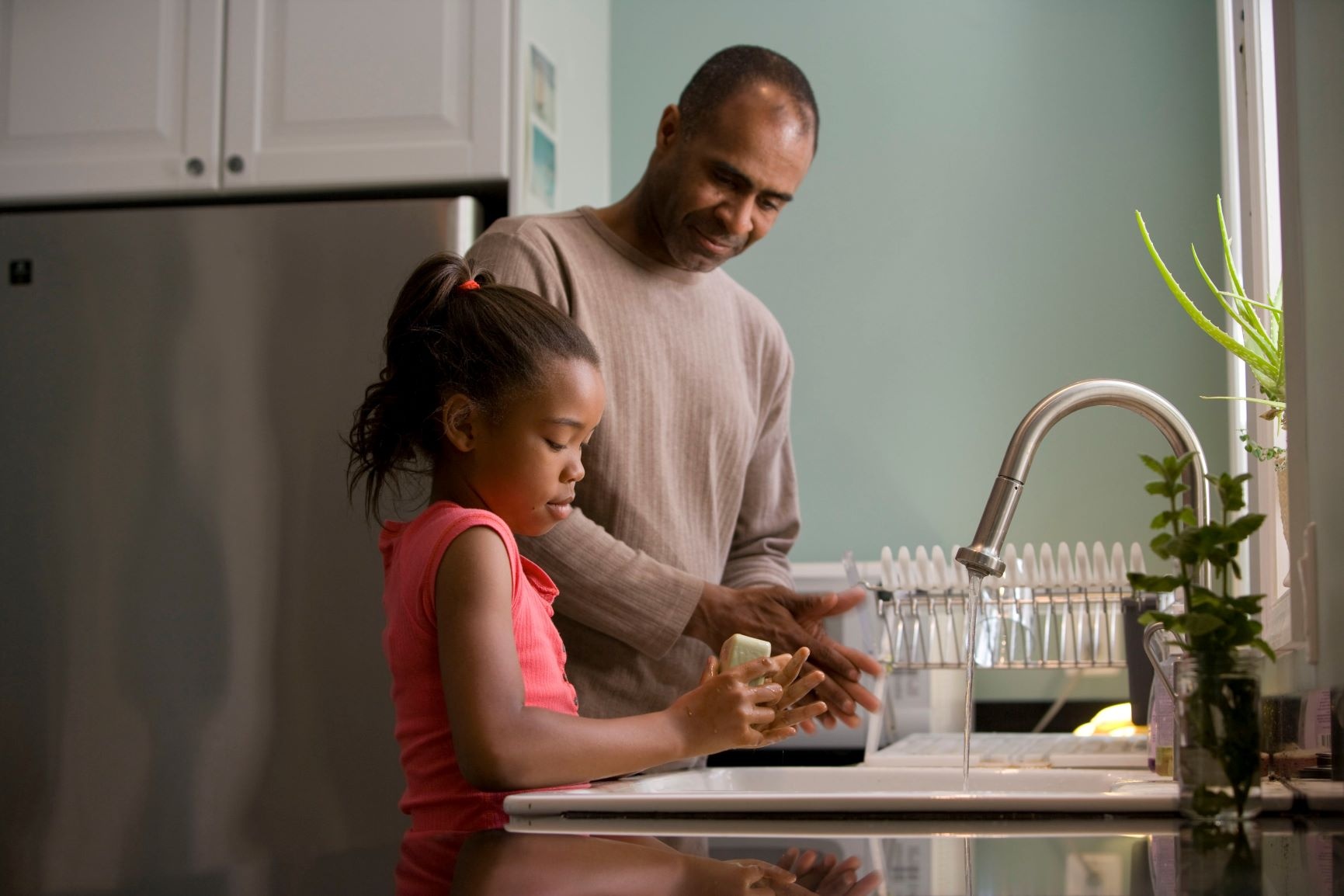Trauma-Informed Parenting

How can you help your child build resilience?
Meaning, what can you do to help your youth build their strength to recover quickly from possible events that can have a negative impact on their lives?
Understanding the impact of trauma:
Identify ways to address challenging behaviors and help children develop new, positive coping skills. For example, teach them breathing techniques, make sure they have a good support system, or a trusted adult (you, family member, teacher, coach, etc.).
Helping your child feel safe:
Reassure them by creating a structured, predictable environment. For example, make sure you have some routines (eating dinner together, family time, game night, etc.), set your expectations upfront so your youth knows what you want/expect and the possible outcomes if they do something other than what is expected, and be sure to follow through, remember consistency is key.
By providing calm, assisting, loving care you set an example and teach your child to define and express their emotions. For example, be sure to validate their feeling (I can see that you are upset, I understand that you are angry with me, etc.). This will let them know that you are paying attention to them and how they are feeling.
To be effective, you must take care of yourself. So, what does that look like? Everyone takes care of themselves in different ways (going for a walk, listening to music, having some alone time, etc.). it’s important just to realize that even as adults, we sometimes need our own time outs and that is OK. If we as adults are not in a good place mentally, then we can do more harm to our youth than good. So be OK with just taking a break when needed.
